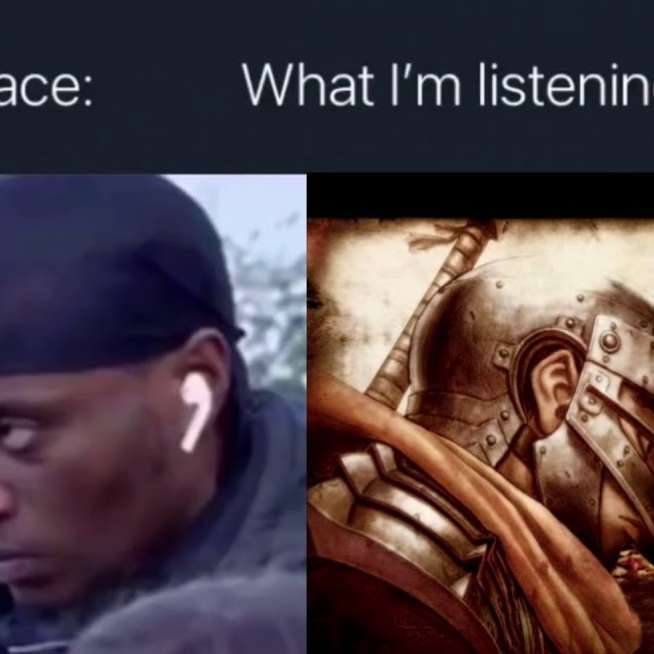David Byrne Live From Austin TX
Via Pitchfork
By Eric Harvey
There are many ways to approach Stop Making Sense, David Byrne and Jonathan Demme's genius work of high-concept theatre-as-concert-film. On a strictly narrative level, though, the movie traces the trajectory of Byrne's character from an antisocial, cerebral stiff (the opening number "Psycho Killer") to a loosened-up reveler dancing with abandon to the black music-- the closing Al Green cover "Take Me to the River"-- he's finally learned to embrace. To a degree, that same arc can be applied to Byrne's career itself, as a gradual process of shaking off his aloof, faux-anthropological observational style and embracing humanity, as well as his position right in the thick of it.
Byrne's emotional expansiveness is mirrored in the types of music he chooses, too. At first, his passion for world music-- Fear of Music, Remain in Light, My Life in the Bush of Ghosts-- was as frigid as the skittish guitars on the band's first two records (still wondrous, but cold), but his solo efforts in particular have seen him progress toward acceptance of non-Western cultures on their own terms and, strikingly in some cases, toward assimilation. His 2001 record Look Into the Eyeball was noted by many critics at the time as being perhaps his finest solo work to date, largely due to him shaking off much of his leftover Headsian artifice. At the time, he said: "I was hit with the revelation that I was going to be much less ironic on this record than I've been on others I've done…there would be elements of humor, but overall it would be pretty straight ahead."
Live From Austin TX, recently released on CD by New West after floating around the Web for a few years, is taken from Byrne's Austin City Limits performance during the Eyeball tour in late 2001, and underscores the fact that, despite most fans largely tuning out after Naked, he never stopped making good music. Here, he presents a slice of his oeuvre in a bare-bones Latin idiom, backed by a three-piece band (bass, percussion, drums), as well as Austin's wonderful string ensemble Tosca. Byrne splits the performance between old Heads material (six songs) and Eyeball songs (four) as well a track from 1989's Latin American melange Rei Momo, the Selena duet "God's Child", from the Luaka Bop-released Blue in the Face soundtrack, and Byrne's lovely cover of "I Wanna Dance With Somebody", which closes the set.
Byrne's solo material fares well here, especially "The Great Intoxication". A loving ode to the joy of musical discovery and creation, the song is largely stripped of Eyeball's thick percussion, allowing Tosca, perhaps the most recommendable element of this disc, to carry the emotional content, which they do exceedingly well. The same holds for "The Revolution", which rachets up the magical realism of its recorded version, and Byrne's first Spanish-language composition "Descondido Soy", which thankfully discards the studio artificiality that buried it on Eyeball.
Not everything reacts as well to this setting, however: after introducing his late collaborator on the wonderful "God's Child"-- "This song was originally a duet with Selena, or Santa Selena, as she's known here"-- Byrne himself sings her parts, translating her lyrics to English. Much, quite literally, is lost in the translation, especially the dark, rich sense of drama Selena lent the original. The frantically-strummed acoustic finish retains its power, however, and the audience acknowledges it.
Perhaps obviously for those who've seen them in Stop Making Sense, a few of the Heads classics disappoint most, especially "Once in a Lifetime", "Naïve Melody (This Must Be the Place)", and "What a Day that Was", all of which are much more highly recommended in their 1984 live incarnations, which themselves far surpass the album cuts. The same holds for "Life During Wartime", although the Tosca-aided version elicits a sadness in the lyrics missing from any previous approach, especially when played only two-and-a-half months after September 11.
During the wonderful and hilarious "self-interview" that Byrne conducted with himself to promote SMS, he remarked about his approach to songwriting: "I try to write about small things. Paper, animals, a house. Love is kinda big. I have written a love song, though. In this film, I sing it to a lamp." The song Byrne was referring to there is "Naive Melody", which, more than any other Talking Heads song, feels like Byrne's own emotional soundtrack as he enters the second half of his fifties. Only now, he's comfortable sharing his passion with actual humans. This procession is most prominently presented during Austin's rousing cover of "I Wanna Dance With Somebody", during which he actively seeks romantic human contact. For those of us still more fond of the fitful, stoic Byrne of the late 1970s and early 80s, it seems a bit odd to consider him actually buying into the sentiment of these two songs, instead of ironically pointing toward them. Hearing him sing them with everything he's got, though, it becomes impossible not to realize that, indeed, this must be the place.
